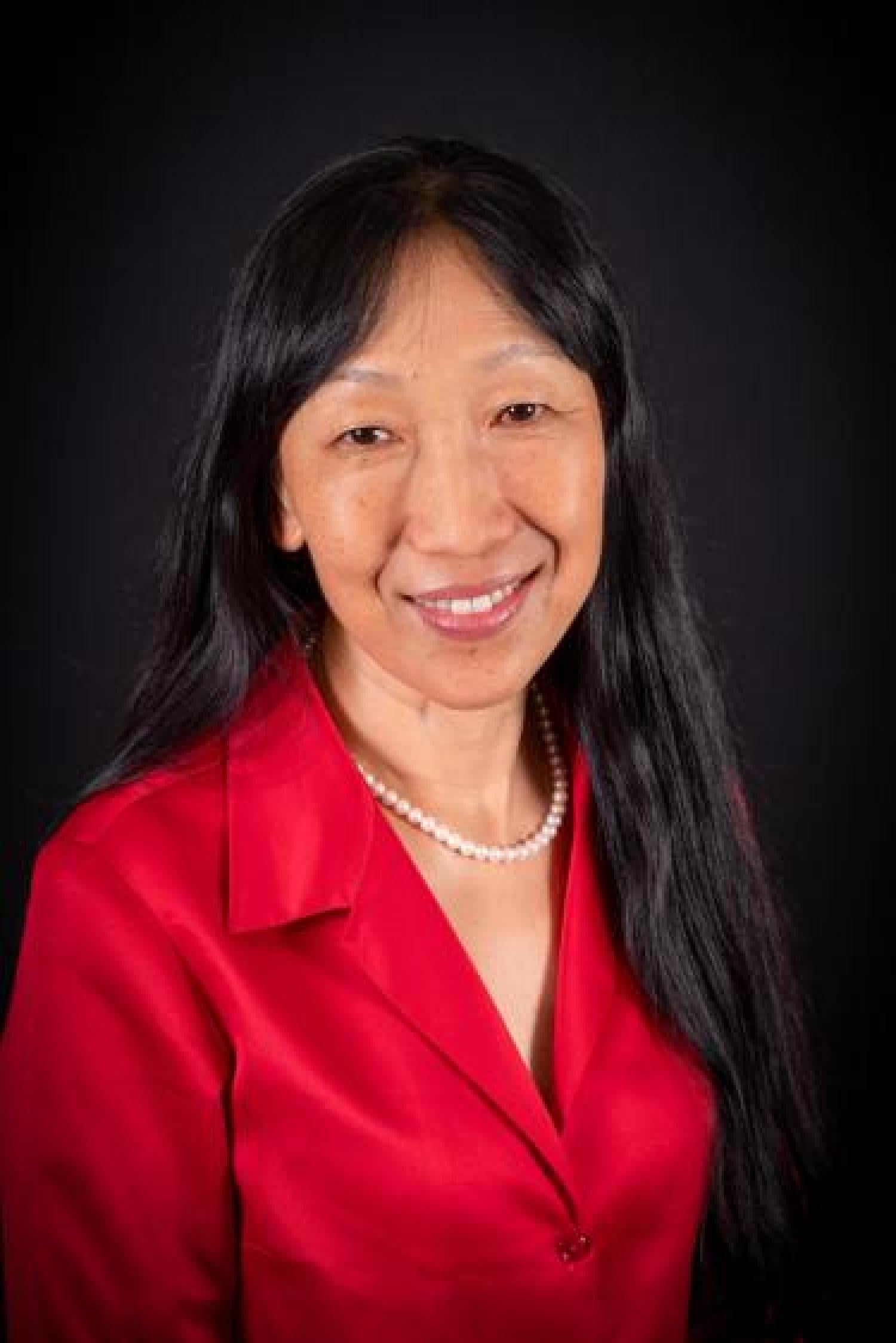Seminar: GNSS As Signals-of-Opportunity for Ionosphere, Atmosphere, Ocean Surface, and Land Cover Remote Sensing - April 11

Jade Morton
Professor and Director of CCAR, Smead Aerospace
Monday, April 11 | 3:30 P.M. | Hybrid: AERO 111 and Zoom - Register Now
Abstract: GPS/GNSS has impacted nearly every aspect of our modern society. Yet, it relies on extremely low power signals traversing a vast space to reach receivers on the Earth surface. Numerous factors interfere with the signals along their propagation path, including ionosphere plasma, moisture in the lower troposphere, and multipath reflections from Earth surface. Understanding these effects on navigation signals is the pre-requisite for developing robust navigation technologies. Moreover, these effects enable satellite navigation signals to function as signals-of-opportunity for low cost, distributed, passive sensing of the signal propagation environments.
This presentation will discuss the effects of the space and local environments on satellite navigation signals, followed by the latest technology development to mitigate these effects, and finally case studies demonstrating the powerful applications of the satellite navigation signals for space weather monitoring, atmospheric profiling, ocean wind retrieval, and precision altimetry measurements over ocean, sea ice, inland water bodies, and land cover.
Bio:Dr. Jade Morton is a Helen and Hubert Croft Professor and Director of the Colorado Center for Astrodynamics Research at the University of Colorado Boulder. Her research expertise lies at the intersection of satellite navigation technologies and remote sensing of the ionosphere, troposphere, and Earth surface. She received her PhD in EE from Penn State and was an Electrical Engineering Professor at Colorado State University and Miami University before she joined CU. Dr. Morton is a recipient of the IEEE Richard Kershner award, and Institute of Navigation’s Burka, Kepler, Thurlow, and Distinguished Service award. She is a fellow of the IEEE, the Institute of Navigation, and the Royal Institute of Navigation.

